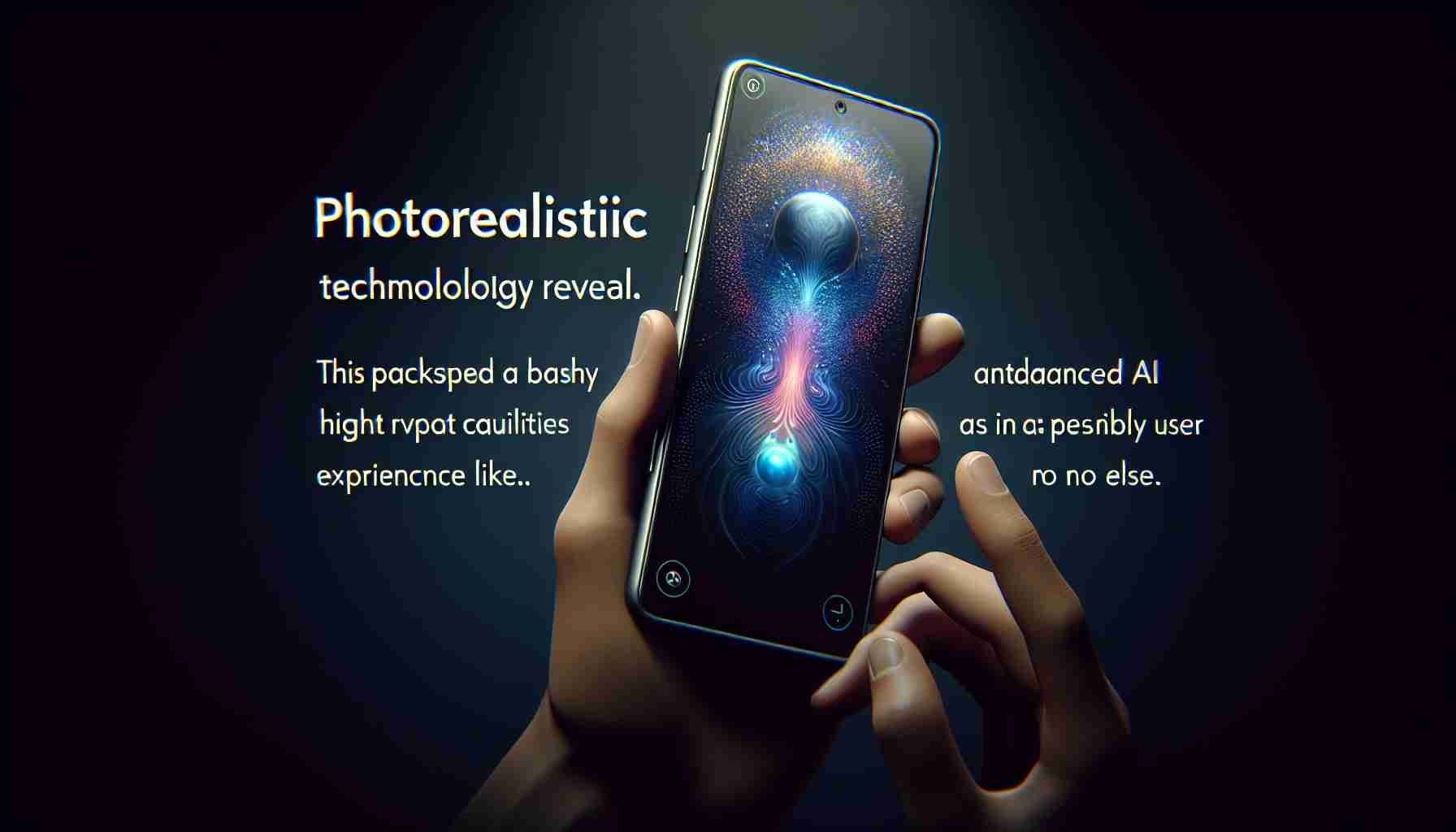Asteroids, long considered space hazards, are now becoming the foundation for the next big leap in extracting resources, thanks to advancements in Artificial Intelligence (AI). As Earth’s resources dwindle, researchers and companies are turning their gaze to these celestial bodies laden with valuable minerals.
Recent breakthroughs in AI technology have revolutionized how we approach asteroid mining. Autonomous spacecraft can now identify, analyze, and potentially mine asteroids with minimal human intervention. This leap could drastically reduce both costs and risks, making space mining more viable than ever before. AI-driven systems are being trained to predict which asteroids contain the most precious elements, such as platinum, gold, and rare earth metals, which are crucial for modern electronics and renewable energy technologies.
NASA’s recent missions, such as OSIRIS-REx, have laid the groundwork for these advancements, providing essential data on asteroid composition and behavior. Private companies like SpaceX and Planetary Resources are now leveraging this information alongside AI to strategize and launch missions aimed at mining these interstellar ore deposits.
The implications of asteroid mining are vast, potentially shifting the global economic balance and sparking a new space race. However, they also raise ethical and environmental questions about the exploitation of space resources. As AI and robotics continue to evolve, they hold the key to transforming asteroids from cosmic threats into the cornerstone of a new frontier. The era of space mining may finally be within our reach, offering solutions to Earth’s pressing resource challenges.
Could AI-Powered Spacecraft Launch Humanity Into a Golden Era of Space Mining?
The concept of asteroid mining has transcended science fiction, rapidly approaching reality thanks to Artificial Intelligence (AI) and cutting-edge robotics. But what are the broader implications of this space-age gold rush for humanity and emerging technologies?
An intriguing factor is the potential for asteroid mining to revolutionize global economics. With asteroids being rich in rare earth metals and precious elements like platinum and gold, nations may soon find themselves jockeying for prime mining prospects. Such celestial bodies could contain trillions of dollars worth of materials, effectively altering market dynamics and national resource dependency.
However, this scenario raises questions: who owns these space resources, and how will extraction rights be granted? Current international space law remains vague, highlighting the need for new legislative frameworks to avert potential conflicts. Similar to the territorial disputes we have witnessed on Earth throughout history, space mining could spark contentious debates over sovereign claims.
Technologically, asteroid mining could drive innovation in AI and robotics, propelling advancements across various industries. Autonomous spacecraft design, resource processing in zero gravity, and AI predictive modeling are just the tip of the iceberg. However, there are challenges, such as the ethical implications of deploying AI in uncontrolled environments beyond our planet.
Despite the bright prospects, environmentalists caution against unchecked exploitation of space environments, emphasizing the need for sustainable practices. Could humanity see a repeat of Earth’s resource ravages, simply transferred to outer space?
This bold pursuit offers a plethora of opportunities but equally demands astute navigation of legal, ethical, and environmental waters. For more on space exploration, visit Nasa.gov or explore SpaceX’s mission plans at SpaceX.












